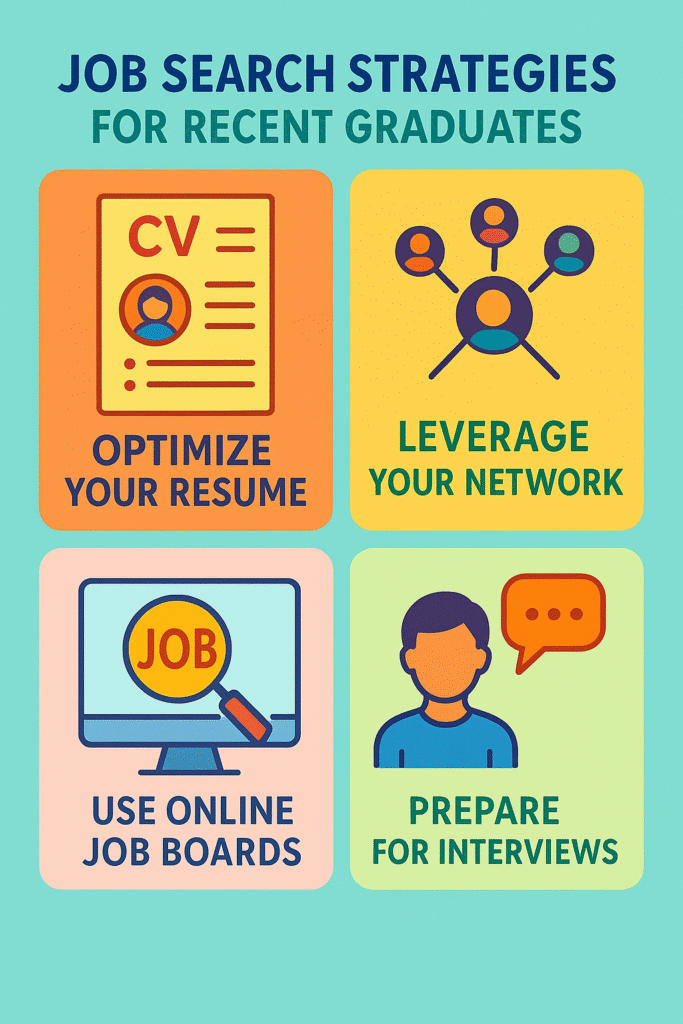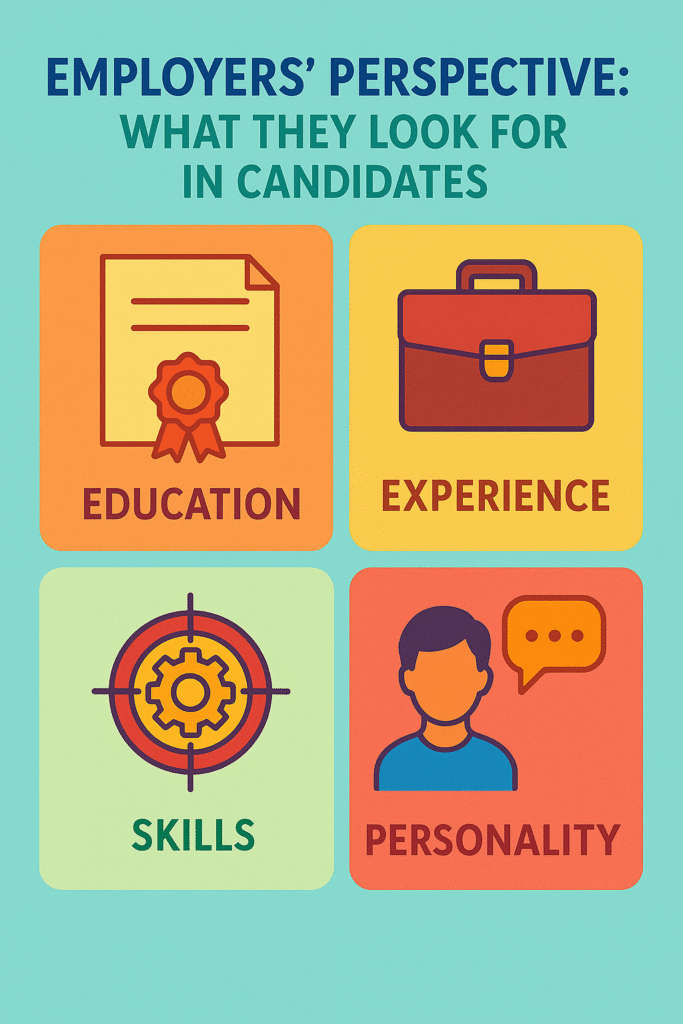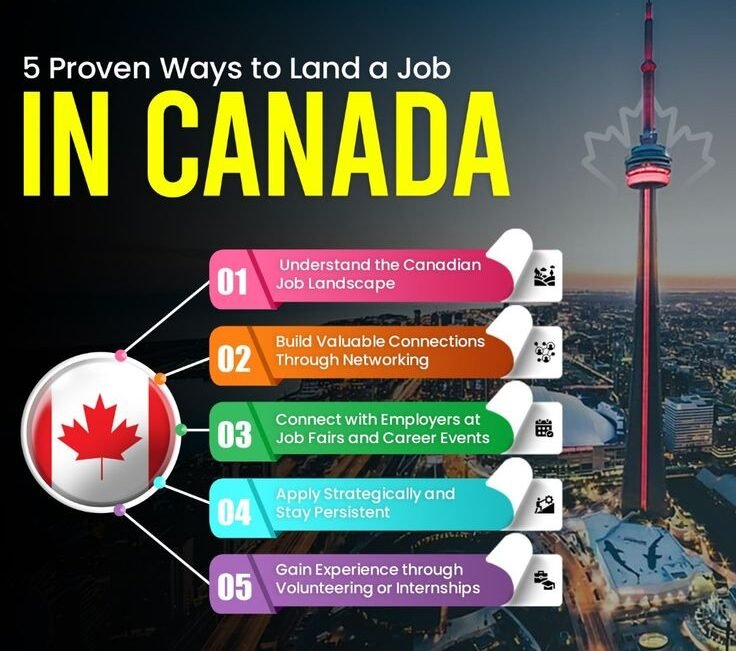A Guide for Fresh Graduates and Employers
Understanding the Canadian Job Market
The Canadian job market in 2025 offered a shifting but promising landscape for fresh graduates. With the economy steadily recovering from the impacts of the pandemic, certain industries saw impressive growth, creating exciting possibilities for those just entering the workforce.
Technology led the way, driven by the increasing need for digital transformation across all sectors. Companies were eager to hire graduates with software development, data analytics, and cybersecurity skills. At the same time, the healthcare sector remained solid, fueled by an aging population and a growing focus on mental and physical wellness. Careers in nursing, physical therapy, and mental health services continued to be in high demand.
Other sectors like renewable energy and finance also gained momentum, broadening the options available to job seekers. Across the board, employers valued candidates who brought fresh ideas and a willingness to adapt to rapid change—qualities that many new graduates already possess.
Location still mattered, of course. Cities like Toronto, Vancouver, and Montreal remained major job hubs, especially in tech and finance. However, remote work and regional initiatives began to open up opportunities in smaller cities and rural communities. For graduates willing to be flexible and open to new regions, these shifts offered a chance to stand out in less saturated markets.
To succeed, graduates needed more than a strong degree—they needed a strategic job search plan and a focus on skills that matched where the demand was rising.
Job Search Strategies for Recent Graduates
Getting a foot in the door can be tough, but the right approach makes all the difference. Your resume and cover letter are your first chance to show what you bring to the table, so make them count. Tailor each application to the role—highlighting not just what you did, but how it made a difference. Showcasing achievements, especially those backed by numbers or outcomes, helps employers see your potential.
Online job boards like Indeed, Workopolis, and LinkedIn are still essential tools. Keep your profiles current and use filters to target roles by industry, location, and experience level. Many platforms also let you set alerts, so you’re among the first to know when new jobs go live.
Don’t underestimate the power of networking. LinkedIn is great for connecting with professionals in your field, joining industry groups, and following companies you’re interested in. Alumni networks and career fairs are also valuable—talking to someone who’s been in your shoes can lead to real opportunities.
Follow-up can also set you apart. Sending a thoughtful message after applying or interviewing shows that you’re proactive and truly interested. It’s a small gesture that can leave a lasting impression.
Employers’ Perspective: What They Look For in Candidates
From an employer’s point of view, a good candidate is more than just a transcript. While grades do matter, they’re often looking for the full package: someone with a solid mix of technical knowledge, real-world experience, and soft skills.
Communication, teamwork, problem-solving, and adaptability are top priorities. Employers want people who can work well in a team, think on their feet, and contribute to a positive work environment.
Internships play a big role here. Candidates who’ve had hands-on experience are often more confident, better prepared, and quicker to adapt. Even if the internship wasn’t directly related to the job, the experience of being in a professional setting can give you an edge.
Cultural fit is another key factor. Companies want employees who share their values and can thrive within their unique work culture. This is where research comes in—understand a company’s mission and show how you align with it in your applications and interviews.
Resources and Support for Job Seekers in Canada
Fortunately, fresh graduates don’t have to go it alone. There are plenty of resources out there to support your job search.
The Canadian government offers a number of helpful programs. The Canada Summer Jobs program helps students gain work experience in real roles, while the Job Bank is a great tool for exploring job listings, salaries, and career trends.
University career centers are also an excellent resource. From resume workshops and mock interviews to job fairs and networking events, they provide personalized support to help graduates transition into the workforce.
Mentorship programs, like those offered by Mentor City and the Canadian Mentoring Partnership, connect students with professionals in their field. A good mentor can offer advice, answer questions, and even open doors to job opportunities.
Online platforms like LinkedIn, Talent Egg, and Student Job Bank are tailored specifically for students and recent grads. They offer everything from entry-level job listings to tips on building your personal brand.
Skill-building workshops—whether offered by your school, community organizations, or even online—can give you that extra edge. Learning how to write a compelling resume or ace a behavioral interview can make a big difference.
